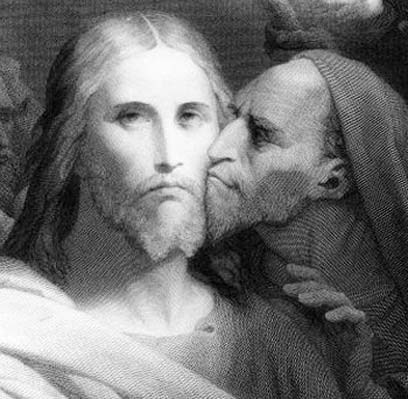One of the main organizers of the
Odessa massacre, Dmitry Fuchedji, the then deputy chief of the police for the
Odessa region (many remember him from the videos where he was seen organizing
the Nazi thugs and coordinating their actions with the police) gave an interview to a Russian
reporter for Russia's 1st TV Channel. The link goes to the transcript of the interview, which is given in Russian.
Fuchedji agreed
to talk just after the junta named him as the main culprit and principal
scapegoat of the Odessa massacre with 23 other people.
Fuchedji denies
his own guilt and responsibility. He claims that the Odessa massacre turned out
to be bigger than how it was planned, and he talks about a super-secret meeting
of the security officials with Parubiy, but then when asked what the secret
meeting was about, he claims that he can't remember and that it was about
"nothing"--just to keep them in a room.
But he does names
Purubiy and the then Odessa governor Nemirovsky as the main organizers--with a
full approval and backing by Yatsenyuk and Turchinov. The massacre was very
carefully planned. The massacre itself was organized as a two-stage operation. The
second operation had a code name "Plan Khvyliu." The objective was to
destroy the anti-fascist Kulikovo field and to pacify Odessa under Kiev's
neo-Nazi rule.
Soon after the
Odessa massacre, Fuchedji, fearing for his life, fled Ukraine and he now lives
in hiding in Transdniestria, an unrecognized state managed by Russia.
Evidently, Moscow
is keeping Fuchedji there--without either charging him and making him testify
in a more compelling way against the Nazi junta in Kiev.
In his recent
speech at the UN, Sergey Lavrov had to say the following about the Odessa
massacre as well as other crimes of the Kiev regime:
The attempts to distort the truth and to hide the facts behind blanket accusations have been undertaken at all stages of the Ukrainian crisis. Nothing has been done to track down and prosecute those responsible for February’s bloody events at Maidan and the massive loss of human life in Odessa, Mariupol and other regions in Ukraine. ... The culprits of all these crimes must be identified and brought to justice. Otherwise it is unrealistic to expect a national reconciliation in Ukraine.
More recently,
Lavrov further said this in an interview with Rossiya-1 broadcaster and Russia Today TV channel:
We will insist on the establishment of the truth in all these cases. We work hard and routinely to remind the Council of Europe, the OSCE and the human rights bodies of the United Nations about it. It seems that they recognize these requests and are willing to continue to put in some effort. Until the Ukrainian authorities do not [sic] ensure the independence, openness, and transparency of these investigations providing all necessary access to the materials, facts, and witnesses, nothing will happen.
Over the course
of the last month, when asked about the Odessa massacre, Sergey Lavrov thus kept
saying that the Russian governments demands reliable investigations from Europe and the Kiev
regime. The Russian government was thus limiting itself to a demand for "open and independent investigations" from the perpetrators and their Western supporters.
However, as it turns out, Moscow has kept all this time in its Transdniestria asylum one of the main culprits and also a key witness of the massacre. What for?

